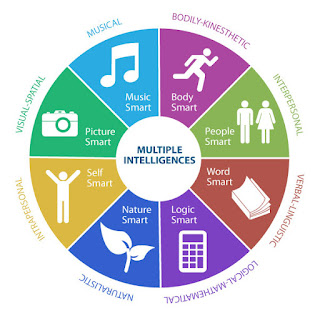Standardized testing as a metric for learning.

There are and will always be debates when it comes to measuring knowledge. Even in our daily basis, we always tend to think that the information we want to share is true and the others' is wrong and they’ll pretend the same. When it comes to education and school, we can admit that it happens pretty much the same thing. As we have noticed that many CEO-s, artists, public figures, sport figures didn’t even go to college or don’t have a certain degree, we also know that a bridge doesn’t build itself, a patient doesn’t usually heal himself, neither a PC doesn’t fix itself, and for that skills and degrees are needed. But where and how these skills qualify, it’s all on education and how the learning process is measured. Since we were little, we remember taking good or even bad grades. And from these grades, today we are able to make a discussion whether that is the right form to determine the student’s future or not. We can start by mentioning the pros and later on the cons of this proc...





